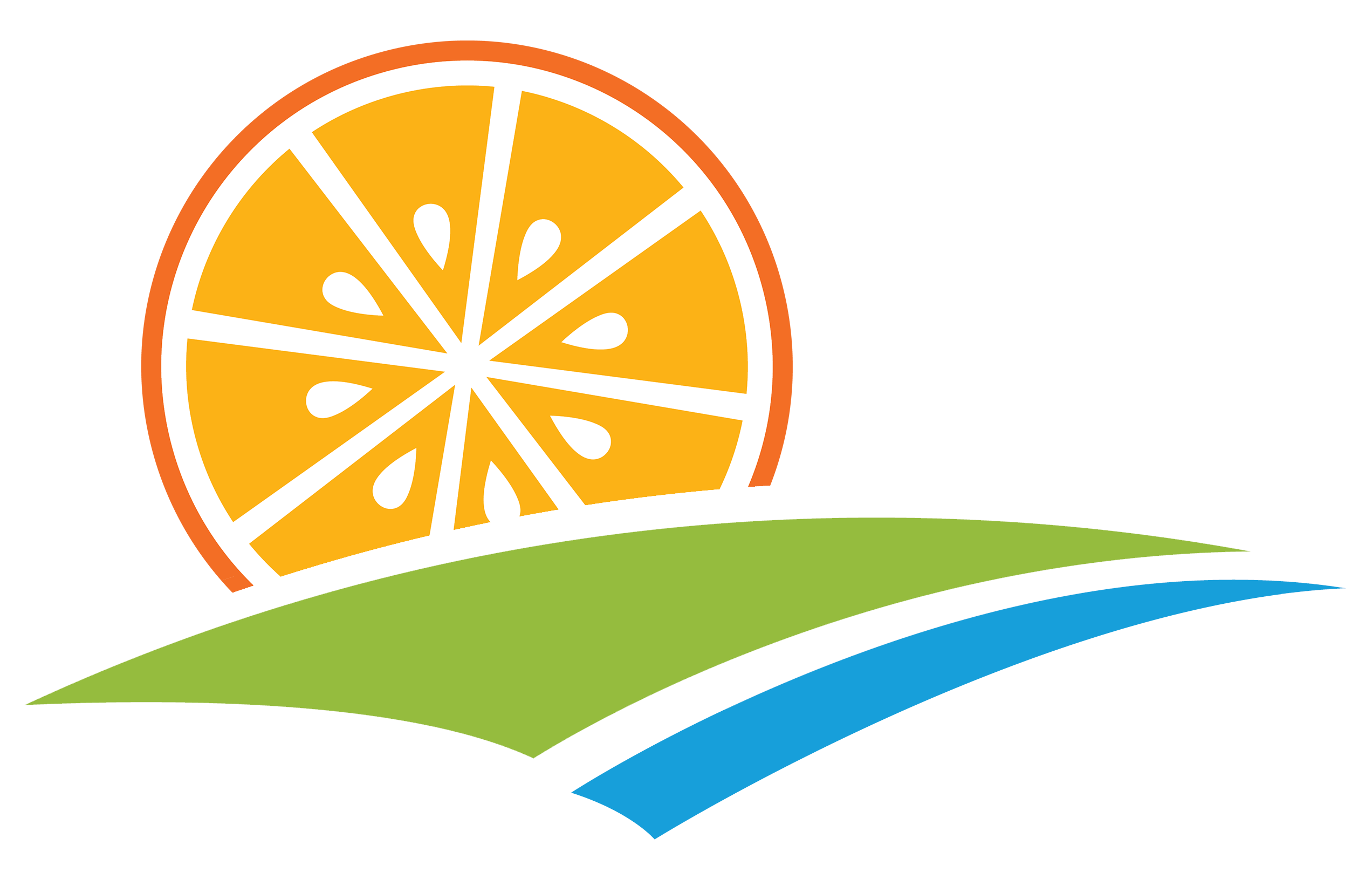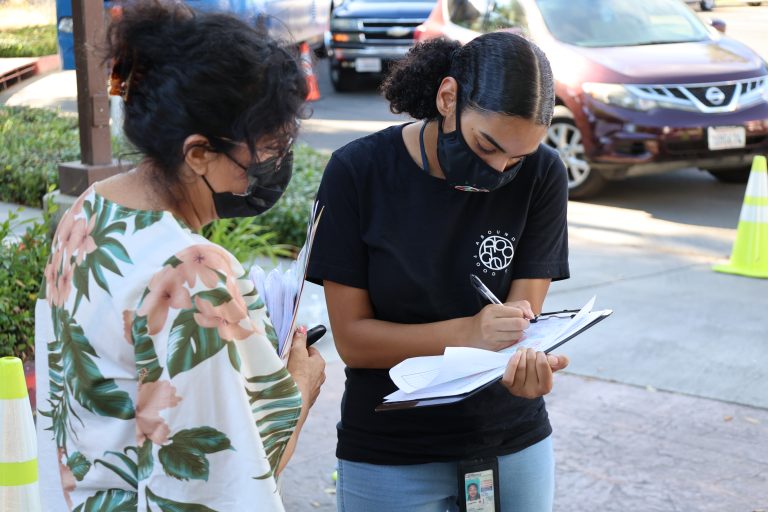Please visit the Sacramento County Public Food Distribution Site Map for information on Sacramento County public food distribution sites.
For a full list of Sacramento County Food Pantries and Food Recovery Organizations information about donations, please visit the CFAA Sac County Food Pantries and Food Recovery Organizations page.

The Capital Food Access Alliance is working on a coordinated effort to recover food that would otherwise have been wasted, that instead will be used to feed people. Our efforts include expanding education around California’s SB 1383 Regulations which require some businesses to recover edible food in addition to arranging for composting services.
The Capital Food Access Alliance has hired Abound Food Care to assist local organizations expand their ability to recover more edible food from businesses and provide this food to the community. More information about Abound Food Care can be found on their website.


The Capital Food Access Alliance is releasing grant funding to help support food recovery in the region. This page will have more information about these grants including how to apply, eligible funds and requirements for participants. Please check out our resources to find out more about the grants for Food Recovery Organizations, Food Recovery Services, and Capacity Building Partners.
Funds must directly benefit food recovery efforts in the Sacramento County region. This grant does not require matching funds or cost-sharing. Collaborative applications involving multiple nonprofit organizations (NPOs) are encouraged and will be prioritized. Previous recipients are eligible to apply.

Edible food recovery is the donation of edible food from a business to an organization, with the goal of feeding those who are suffering from food insecurity. The State of California has a goal to increase edible food recovery, and now requires specific businesses to have donation programs in place. These businesses must hold written donation agreements and keep a log of the pounds of edible food donated each month. California’s Department of Resources Recycling and Recovery (CalRecycle) oversees local governments’ administration of programs to meet these requirements. Visit the CalRecycle Website for more information.

Food insecurity is defined as a lack of regular access to safe and nutritious food. Food insecurity can affect many individuals including the elderly on a fixed income, students, working parents, and unhoused individuals. Impacts of food insecurity can include significant health impacts and a reduction in the ability of children to be successful in school. We increase the resilience of our communities and improve overall health by combating food insecurity.
Full Report: Community Health Improvement Plan
